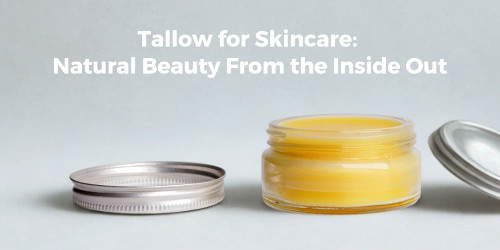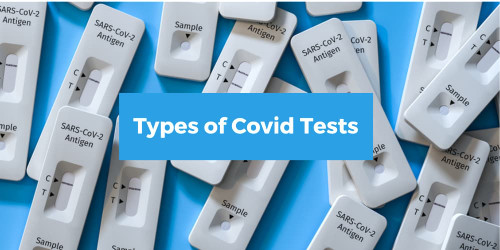Understanding the Essentials
Vitamin D, often referred to as the "sunshine vitamin", plays a pivotal role in our overall health. It's crucial for bone health, supports our immune system, and has other benefits that scientists are still uncovering. The million-dollar question, though, is: "how much vitamin d per day do we truly need?"
1. Why is Vitamin D Important?
Before diving into the specifics, it's essential to understand why we even need vitamin D. Here's a quick breakdown:
- Bone Health: Vitamin D assists our bodies in absorbing calcium, vital for maintaining healthy bones and teeth.
- Immune System Support: A well-functioning immune system needs adequate amounts of vitamin D.
- Mood Regulation and Brain Health: There's ongoing research suggesting that vitamin D might play a role in mood regulation and warding off depression. According to the Cancer Council Australia, there is also some evidence suggesting its potential role in reducing cancer risks1.
- Supporting Diabetes Management: Preliminary studies indicate a potential link between a lack of vitamin D in the body and chronic diseases, including type II diabetes.
2. How Much Vitamin D Per Day: The Recommendations
According to the Australian Government's National Health and Medical Research Council (NHMRC), the recommended daily allowance (RDA) for vitamin D varies based on age, gender, and life stages2:
- Infants (0-12 months): 400 IU (10 mcg)
- Children (1-18 years): 600 IU (15 mcg)
- Adults up to age 70: 600 IU (15 mcg)
- Adults over 70 years: 800 IU (20 mcg)
- Pregnant and breastfeeding women: 600 IU (15 mcg)
However, individual needs may vary based on factors like location, skin colour, dietary restrictions, and existing health conditions.
3. Sources of Vitamin D
While the sun is the most natural source of vitamin D, it's not the only one. Here are a few ways to ensure you get your daily dose:
- Sun Exposure: The Osteoporosis Australia organization recommends spending time outdoors, especially during the sun's peak hours, for optimal vitamin D production3. However, remember to always protect your skin if you'll be out for extended periods.
- Diet: Fatty fish like salmon, mackerel, and sardines are excellent sources. Fortified foods, such as milk and cereals, can also contribute to your daily intake.
- Supplements: If you're at risk of a deficiency, your doctor might recommend vitamin D supplements.
4. Risks of Too Much Vitamin D
While it's essential to ensure we're getting enough vitamin D, it's equally crucial to ensure we're not overdoing it. Excessive vitamin D can lead to calcium buildup in the blood, leading to fatigue, nausea, and even kidney damage.
Conclusion
How much vitamin D per day is an important question to our well-being. While the sun is an excellent source, it's crucial to balance sun exposure with dietary sources and, if needed, supplements. Always consult with a healthcare provider when making decisions about vitamin D supplementation or if you suspect a deficiency. Your health deserves nothing but the best!
References:
- Cancer Council Australia. (n.d.). Vitamin D and Sun Protection. Retrieved August 7, 2023, from https://www.cancer.org.au/cancer-information/causes-and-prevention/sun-safety/vitamin-d
- National Health and Medical Research Council. (n.d.). Nutrient Reference Values for Australia and New Zealand - Vitamin D. Retrieved August 7, 2023, from https://www.eatforhealth.gov.au/nutrient-reference-values/nutrients/vitamin-d
- Healthy Bones Australia. (n.d.). Vitamin D & Bone Health. Retrieved August 7, 2023, from https://healthybonesaustralia.org.au/your-bone-health/vitamin-d-bone-health/















